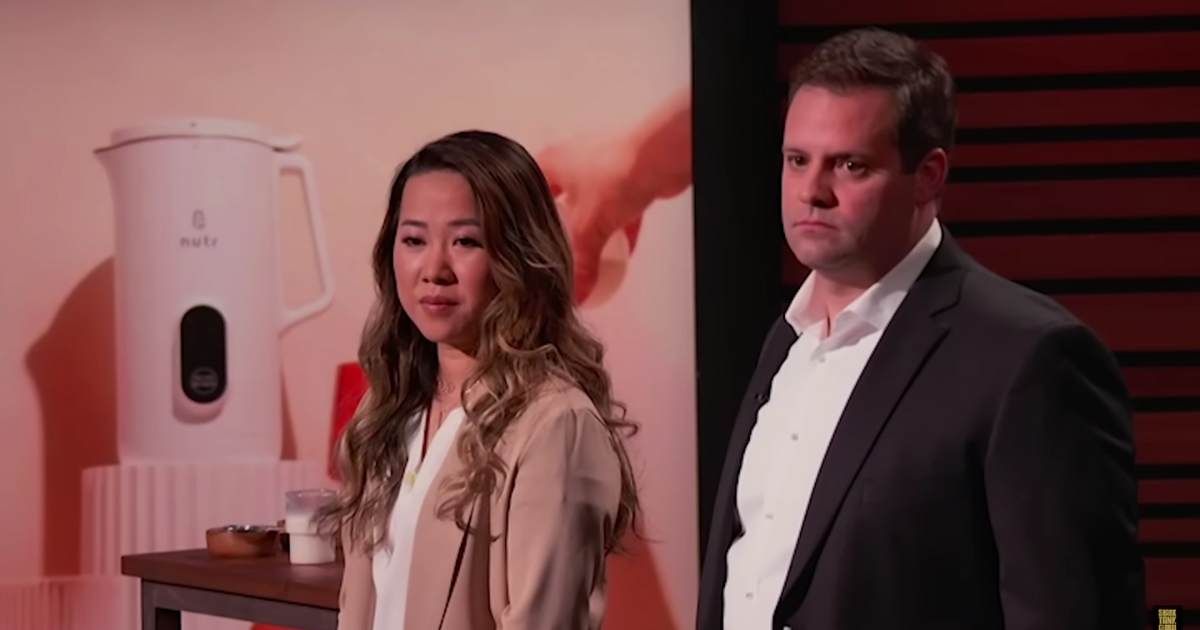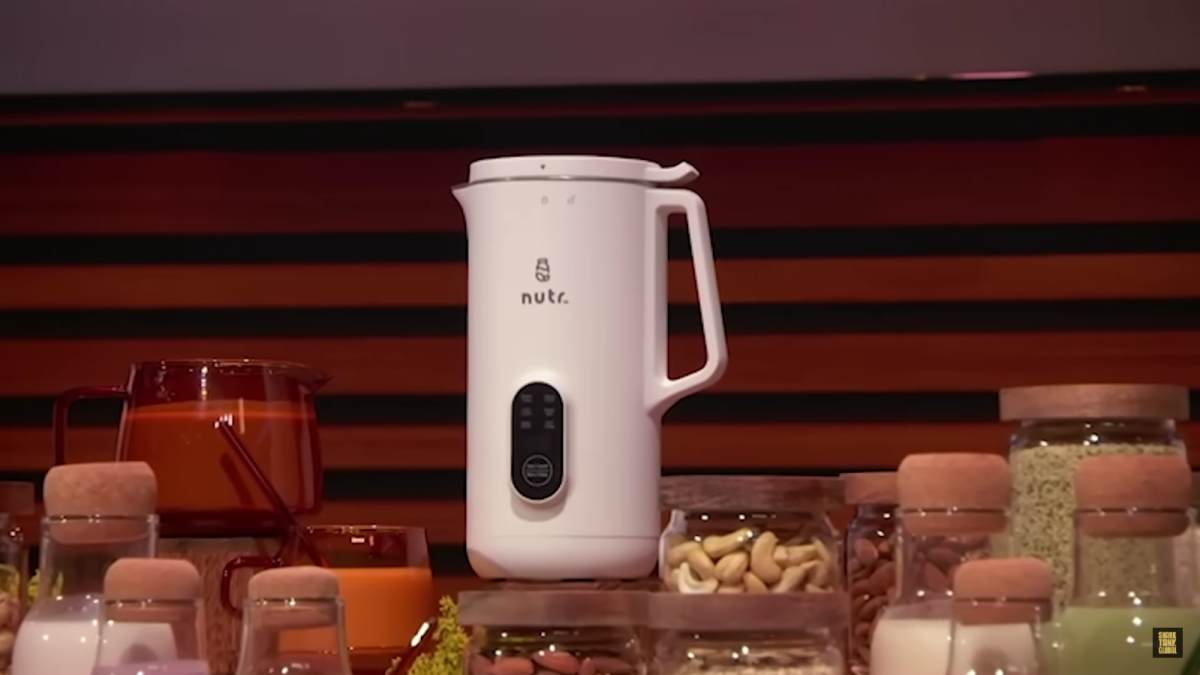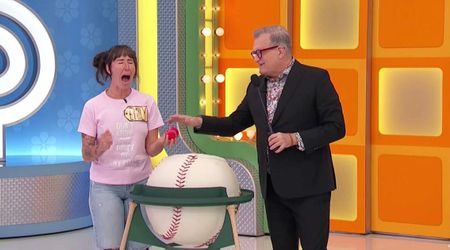'Shark Tank' contestants value their business at $10 million — but fail to convince a single judge

Entrepreneurs who enter "Shark Tank" may come with high expectations based on their company's valuation, but that's not enough to convince investors on the show. Usually, their sales at least come close to somewhat justifying that valuation, but the sharks are ruthless negotiators. In an earlier episode of the show, a couple of entrepreneurs came in with a whopping $10 million valuation for their company, but failed to find any takers.
The company was called Nutr, and the entrepreneurs were Alicia Long and Dane Turk. The two sought $500,000 for a 5% stake in their company. It was a mixer-grinder type device that was used to extract the purest nut milk possible from cashews, almonds, and other nuts. They also had flavoring powders like strawberry, chocolate, and matcha that could be added to the blender.
The sharks loved the milk that was served to them, and guest shark Daniel Lubtezky even got the chance to operate Nutr’s product and make pure cashew milk for himself. “The store brands, you’re tasting sugar. This, you taste purely the cashews,” he said. All that was great, but with such a high valuation, the sharks expected sales to be sky high. Unfortunately, that was not exactly the case.

Long said that the company had recorded sales of $793,000 the year before that and had done $2 million year-to-date at the time of taping. They were on course to make $6 million that year. Turns out that influencer marketing paid dividends to make the brand known to the people, but the entrepreneurs said that they had spent more than a million dollars on advertising. They also said that they were bootstrapped, only to later reveal that they’d received $250,000 from angel investors.
All in all, they did not seem to have a clear grasp on the numbers aspect of the business. That might have driven a lot of the sharks not to take a shot at this. Lori Greiner was the first to say no, as she believed that such products are not really used by consumers all that much. She claimed to be one of them, having a milk frother at home and never using it. Mark Cuban said no, as he was a part of a competing brand in the sector.

Kevin O’Leary and Daymond John both believed that the valuation was much too high for them to invest. Had the entrepreneurs asked for $100,000, Mr. Wonderful said that he would have made a deal and tried to make it go big. The only one left was Lubtezky, but even he was worried about the valuation. He asked the entrepreneurs what their best offer was. Long said that they’d be willing to give up 7.5% of the company and 2% in advisory shares for $500,000. However, this was still nowhere near what the shark hoped to agree on, and so, no offer was made.
More on Market Realist
'Shark Tank' contestant tempts Kevin O'Leary with royalty but rejects his offer in the end
'Shark Tank' contestants entice Daymond John with pitch for licensing but pick another judge's deal
'Shark Tank' contestant says no to $1.5 million from Mark Cuban — and still walked away a winner




















